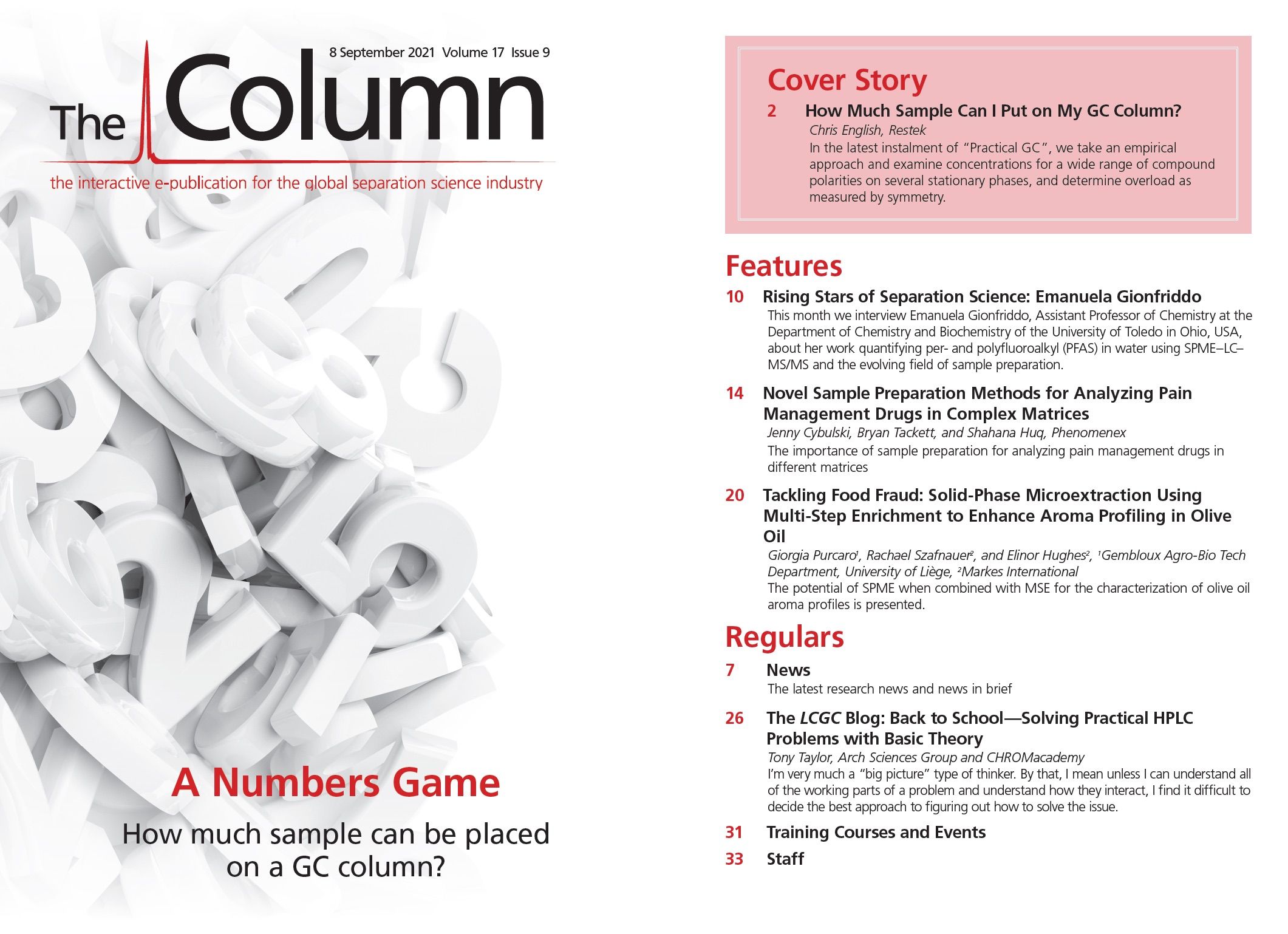In Memory of Pavel Jandera
Professor Pavel Jandera passed away suddenly and unexpectedly on 5 August 2021 at the age of 77. He was one of the most famous Czech analytical chemists.
Jandera spent his entire professional career in the Department of Analytical Chemistry at the University of Pardubice, formerly known as VŠCHT Pardubice (the University of Chemical Technology). A world-leading scientist in the area of chromatographic techniques, Jandera focused on various aspects of high performance liquid chromatography (HPLC), mainly the theoretical principles of the separation process, retention mechanisms, and the development and optimization of methods for the analysis of various types of compounds in the environment, food, and industrial products.
Jandera’s entire scientific career was closely connected with HPLC. He introduced a comprehensive theory of gradient-elution chromatography, which was published together with Professor Jaroslav Churáček in the book Gradient Elution in Column Liquid Chromatography. Then he continued with the development of gradient-elution techniques in preparative chromatography in cooperation with Professor Georges Guichon of the University of Tennessee, Knoxville, USA. In recent years, he investigated microcolumn techniques of liquid chromatography, mainly the development of high-performance monolithic capillary columns with tailored selectivity and two‑dimensional liquid chromatography (2D‑LC).
His research results were published in 260 scientific papers in prestigious peer-reviewed journals, mainly within the field of analytical chemistry, as well as five monographs, and more than 20 book chapters. Jandera’s work was respected by the scientific community, as illustrated by his more than 9000 citations and H-index 52, and by his regular invitations for plenary and keynote lectures at leading international conferences and invitations to prepare review articles. Two of his review articles are classified as “highly cited in the field,” which means that they are among the top 1% of the most cited publications in a given field.
Group members and close cooperators will remember that Jandera had both deep knowledge in chemistry and broad knowledge in other fields, especially in history and the arts. He enjoyed lively discussion with colleagues and friends at conferences or other less formal occasions, preferably with a glass of good red wine. However, he always put his beloved family first, and his favorite summer vacation was at their cottage, immersed in nature.
We would like to preserve the memory of Professor Jandera, who shaped several generations of analytical chemists and mainly chromatographers. His scientific contribution to chromatographic theory is so significant that it will be forever remembered.
Anyone who wishes to share memories or condolences is welcome to do so at the following website: https://www.remembr.com/pavel.jandera
In loving memory, on behalf of the Department of Analytical Chemistry, his former cooperators, and his students.

New Method Explored for the Detection of CECs in Crops Irrigated with Contaminated Water
April 30th 2025This new study presents a validated QuEChERS–LC-MS/MS method for detecting eight persistent, mobile, and toxic substances in escarole, tomatoes, and tomato leaves irrigated with contaminated water.

.png&w=3840&q=75)

.png&w=3840&q=75)



.png&w=3840&q=75)



.png&w=3840&q=75)














